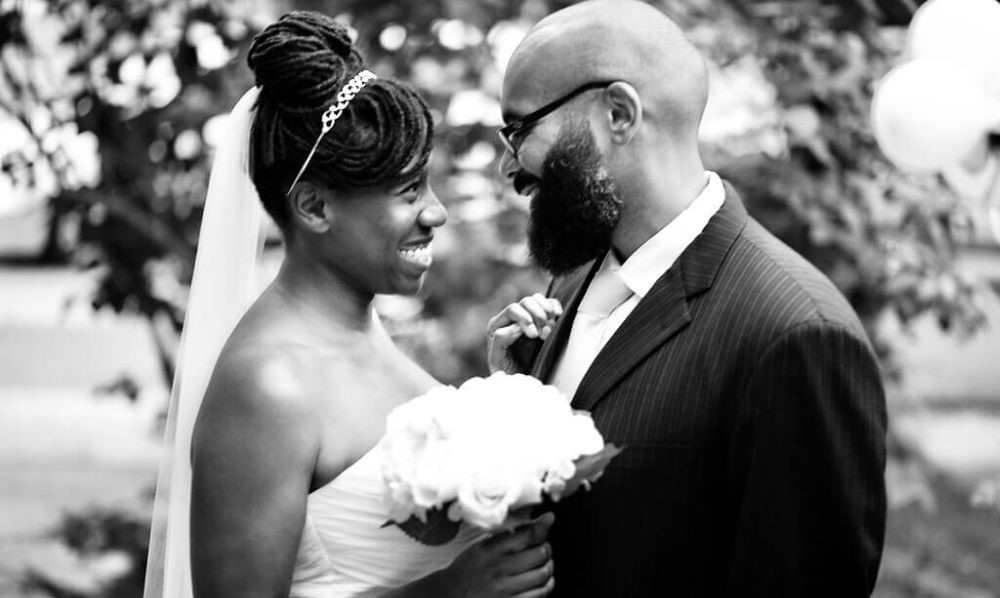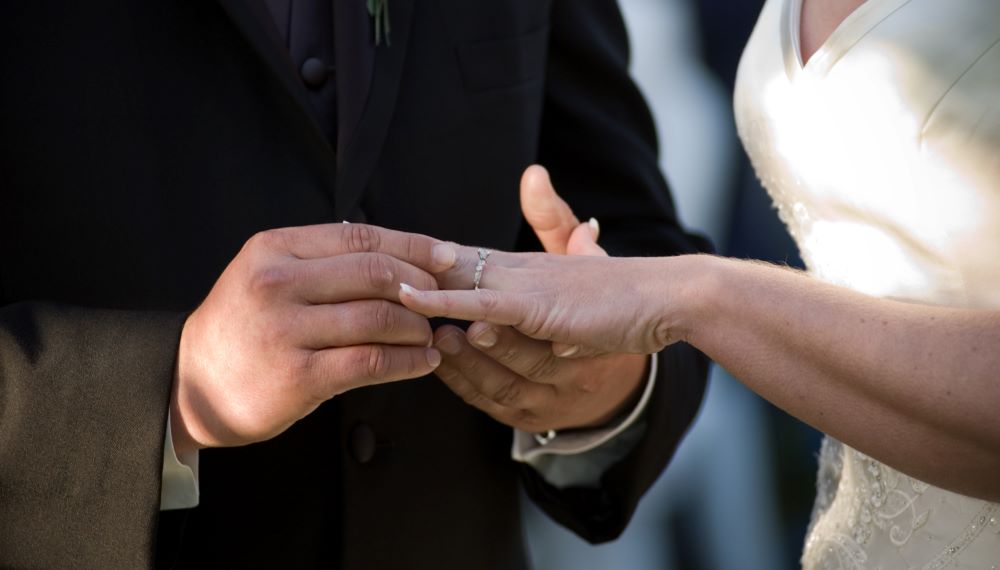In Rwanda, 2,674 families filed for divorce during the 2024/2025 judicial year. While this figure marks a slight drop from the 2,833 cases recorded the previous year, it still speaks volumes about the shifting reality of marriage.
Divorce cases continue to dominate Rwanda’s civil courts, outpacing disputes over property, contracts, or civil status. The numbers mirror a global conversation about what marriage means, why it fails, and how it can survive in the 21st century.
President of the Supreme Court, Mukantaganzwa Domitille, has noted that more effort will now be placed on mediation, urging couples to resolve disputes amicably before dragging them into courtrooms.
Her words strike at the heart of the matter. Marriage is no longer merely a legal arrangement, but a fragile human bond that requires constant dialogue, empathy, and compromise. And when those elements are absent, even the most carefully built unions can unravel.
The rise in divorce is not simply a symptom of social breakdown. It is also an outcome of progress. For decades, marriage was less about companionship and more about survival, property, and lineage.
Women were often trapped in unions that offered economic security at the cost of dignity. Today, with more autonomy, education, and legal protections, women and men alike are freer to walk away from toxic or unfulfilling relationships. In that sense, divorce is both a warning sign and a marker of social evolution.

The changing face of marriage
Understanding divorce begins with understanding what marriage has become. For centuries, it was an institution shaped by patriarchy, arranged unions, and economic dependency.
Love, trust, and freedom of choice were not its foundations. But in modern societies, these very elements now define what couples seek in a lasting partnership.
A UN Women’s research published 3 years ago underscores the point that marriage today is expected to be built on equality, mutual respect, and shared responsibility. Yet those expectations can be a double-edged sword.
When trust breaks down, or intimacy fades, or financial strains become unbearable, couples are more likely to step away than previous generations would have dared.
Globally, divorce is often driven by recurring themes, poor communication, infidelity, incompatible goals, and unresolved conflicts. And in Rwanda’s case, the statistics align with these trends.
What is striking, however, is how rapidly the numbers have escalated. From just 21 divorce cases recorded in 2016 to nearly 9,000 granted in 2019, the pace of change reveals both newfound freedoms and deep-seated struggles within households.
This pattern is not unique to Rwanda. Across the world, couples are demanding more from marriage than ever before. Emotional connection, shared aspirations, and fairness.
The irony is that these higher expectations, while making unions healthier for those who succeed, also make them more fragile for those who stumble.

Learning from the breakdowns
Divorce statistics should not be read as the death of marriage, but as a lesson on what threatens it most. Lack of communication, more than any other factor, creates distance between partners.
Infidelity, financial secrecy, or the imbalance between work and family life add further cracks to the foundation. Left unresolved, these issues breed resentment and erode trust until separation seems inevitable.
Yet there is hope in this narrative. As one family law expert wrote, “Marriage today is stronger than it has ever been because for the first time in history, it is based on freedom and choice.”
This is perhaps the paradox because while divorce rates appear high, the marriages that survive are more authentic, more equal, and more enduring than in centuries past.
The task ahead, therefore, is not to lament rising divorce numbers but to ask what can be done to prevent them. Education about relationships, accessible counseling, open dialogue about finances, and the nurturing of intimacy all play a role.
Mediation, as Rwanda’s judiciary emphasizes, can give couples a chance to reconcile before courts deliver the final blow.
At its best, marriage remains a sanctuary of trust, respect, and shared purpose. But it cannot be left to chance. If couples, communities, and institutions learn from the reasons marriages collapse, then perhaps we will see fewer numbers in the divorce and more unions that stand the test of time.

